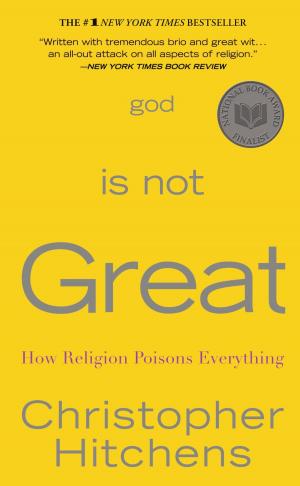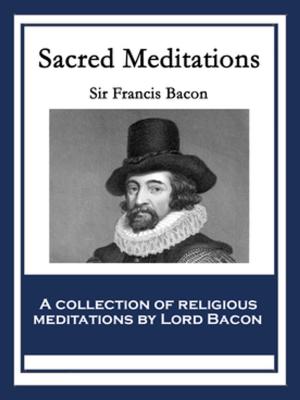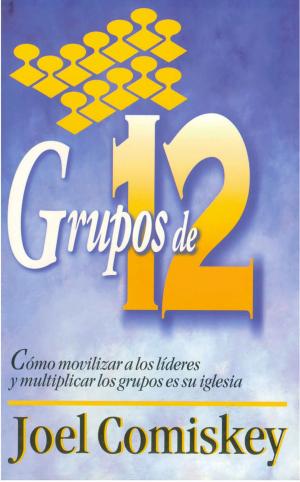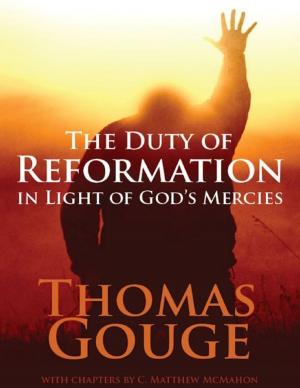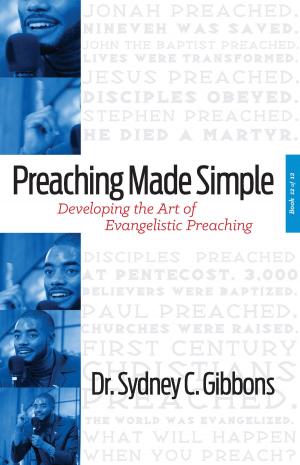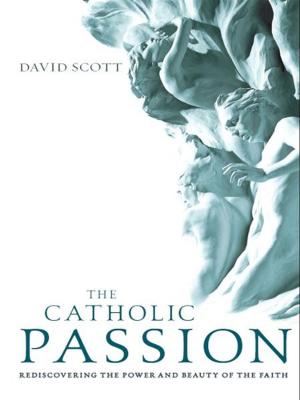| Author: | David Ball | ISBN: | 9780992557829 |
| Publisher: | Brindelo Press | Publication: | July 22, 2014 |
| Imprint: | Language: | English |
| Author: | David Ball |
| ISBN: | 9780992557829 |
| Publisher: | Brindelo Press |
| Publication: | July 22, 2014 |
| Imprint: | |
| Language: | English |
Is God a tyrant? No - not at all! Does he uphold truth, love and human freedom? Yes, absolutely! ‘God and the Crisis of Power’ shows us, from the Bible, how God always deploys his power for our good, in ways that are motivated by love and that offer us liberation rather than oppression. It also examines how these principles should apply to Christian participation in the public square. ‘God and the Crisis of Power’ explores the moral ambiguity of the concept of power, and the potentially problematic relationship between the idea of an all-powerful God and the enjoyment of human freedom. It considers the key parameters – trust and truth – that shape the rise and fall of human power and that play an important role in assessing the moral legitimacy of the way in which power is exercised. Against this background, it then examines the biblical account of how God exercised his power in the world, through the life, death and resurrection of Jesus, in ways that demonstrate God’s love for us and offer us true liberation. The next set of topics discussed in this book concern the various other dimensions of the Old and New Testament accounts of God’s exercise of power, including issues - such as suffering, slavery, and gender - that are a significant component of contemporary critiques of God’s character, and therefore of Christianity as a whole. This discussion demonstrates how God’s approach to these issues, far from being tyrannical, is driven by his profound and transformative love for us, and how - even in these controversial areas - God always has our best interests at heart. ‘God and the Crisis of Power’ concludes by examining the appropriate shape of Christian engagement and participation in activities that involve the exercise of social or political power. It explores how law, and the lawmaking process, is a key arena in which social power is contested - including in relation to issues such as freedom of expression and discrimination - before making some final observations about the appropriate balance between Christian humility, and Christian confidence, in seeking to honour God in the public square.
Is God a tyrant? No - not at all! Does he uphold truth, love and human freedom? Yes, absolutely! ‘God and the Crisis of Power’ shows us, from the Bible, how God always deploys his power for our good, in ways that are motivated by love and that offer us liberation rather than oppression. It also examines how these principles should apply to Christian participation in the public square. ‘God and the Crisis of Power’ explores the moral ambiguity of the concept of power, and the potentially problematic relationship between the idea of an all-powerful God and the enjoyment of human freedom. It considers the key parameters – trust and truth – that shape the rise and fall of human power and that play an important role in assessing the moral legitimacy of the way in which power is exercised. Against this background, it then examines the biblical account of how God exercised his power in the world, through the life, death and resurrection of Jesus, in ways that demonstrate God’s love for us and offer us true liberation. The next set of topics discussed in this book concern the various other dimensions of the Old and New Testament accounts of God’s exercise of power, including issues - such as suffering, slavery, and gender - that are a significant component of contemporary critiques of God’s character, and therefore of Christianity as a whole. This discussion demonstrates how God’s approach to these issues, far from being tyrannical, is driven by his profound and transformative love for us, and how - even in these controversial areas - God always has our best interests at heart. ‘God and the Crisis of Power’ concludes by examining the appropriate shape of Christian engagement and participation in activities that involve the exercise of social or political power. It explores how law, and the lawmaking process, is a key arena in which social power is contested - including in relation to issues such as freedom of expression and discrimination - before making some final observations about the appropriate balance between Christian humility, and Christian confidence, in seeking to honour God in the public square.



